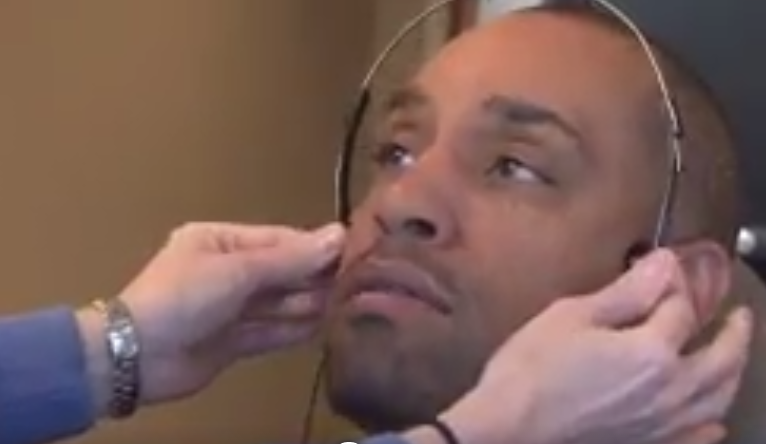Using a splint as a tongue retraining program can be a challenge.
Bite splints are indicated for a number of reasons, and one such is a R TMCC pattern with a loss of cervical lordosis. Guiding the patient to have smooth easy protrusive movement over a mandibular splint can create a healthy cervical lordotic curve, provided the patient is able to assume lumbar flexion simultaneously. But a tongue that is lying low can be a significant challenge to overcome.
Tongue position can be related to several factors. One is the lingual frenum is too short – a condition that can begin before birth, and can make nursing difficult for an infant. But the frenum (tendinous muscular blend of soft tissue) may not actually be short, but may simply be tight from limited use. It can become a catch-22: the person can have a short frenum that remains low, and the surrounding muscles remain tonically short – and conversely, the taut muscles can keep the tongue low.
All of this leaves the palate unstimulated by the tongue and can result in a vicious cycle of palatal extension, oral breathing, limited growth of the mandible due to an entrapped position behind the maxillary teeth, and straightening of the neck.
Even though a patient may need a bite splint to help overcome the sensory input from the R TMCC, it can be difficult for the patient to accept wearing the splint if he feels the splint lifting off the teeth with casual speech and swallowing movements.
For this reason, I recommend not only that all splints be relined to help prevent this lifting, but in the case of either short teeth or a shallow floor of mouth, that the dentist scallop the lingual surfaces to allow the tongue to more easily accept the superior position the tongue should optimally take.
The splint photographed here is one that taught me this. Only after scalloping the splint, was the patient able to inhibit the tendency to lift his tongue under the posterior segment.

